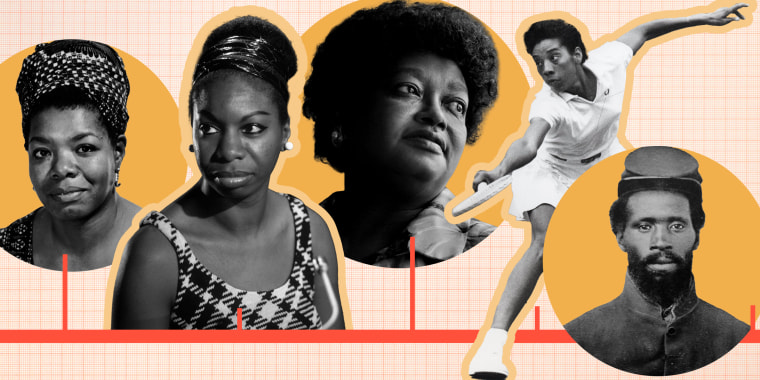Black history is American history. But Black history has often been overlooked or erased from education. So many of us grow up not knowing basic facts about major milestones in our history.
There's no time like the present to learn! And, if we tell our kids these stories, we'll hopefully break the chain of Black history erasure and encourage children's natural curiosity.
These are just a few Black history fun facts plucked from the book “Timelines from Black History: Leaders, Legends, Legacies.” We hope it's a good start — but, it's just a start. Keep going during Black History Month and all year 'round by adding these inspiring reads and movies to your list.
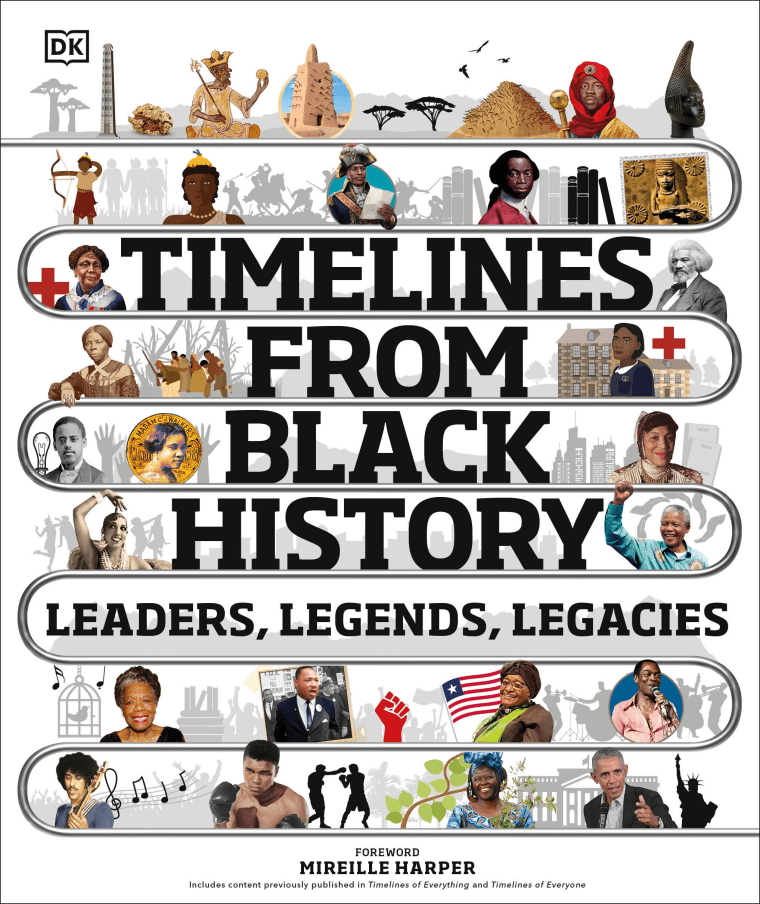
1. Rebecca Lee Crumpler (1831–1895), the first Black woman in the United States to qualify as a doctor, opened her own medical clinic in Boston and dedicated herself to treating women and children who lived in poverty. She treated patients regardless of their ability to pay and often took no money for her work.
2. During the U.S. Civil War, more than 178,000 Black soldiers served across 175 regiments, making up 10% of the Union Army's soldiers and representing the key to the Union's victory.
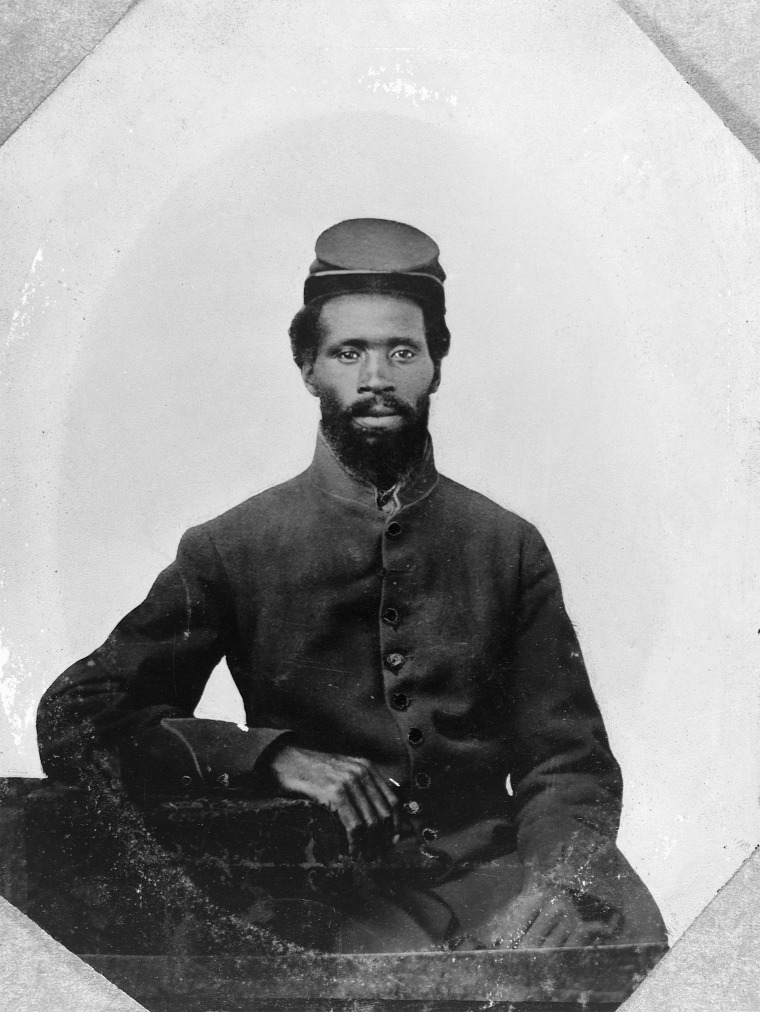
3. Though they were forbidden from signing up officially, a large number of Black women served as scouts, nurses and spies in the Civil War.
4. One of the greatest African rulers of all time, Mansa Musa (1280–1337) led the Mali Empire at the height of its power and creativity. He directly controlled the price of gold, and he has been described as the richest person in human history.
5. A teenager named Claudette Colvin got arrested in 1955 for refusing to give up her bus seat for a white woman. Some local civil rights leaders saw the event as a chance to highlight the city's unfair bus policy, but decided that Colvin was too young to represent the struggle. Still, Colvin's act inspired Rosa Parks to do the same thing nine months later — and Parks' arrest sparked one of the biggest civil rights campaigns of all time.
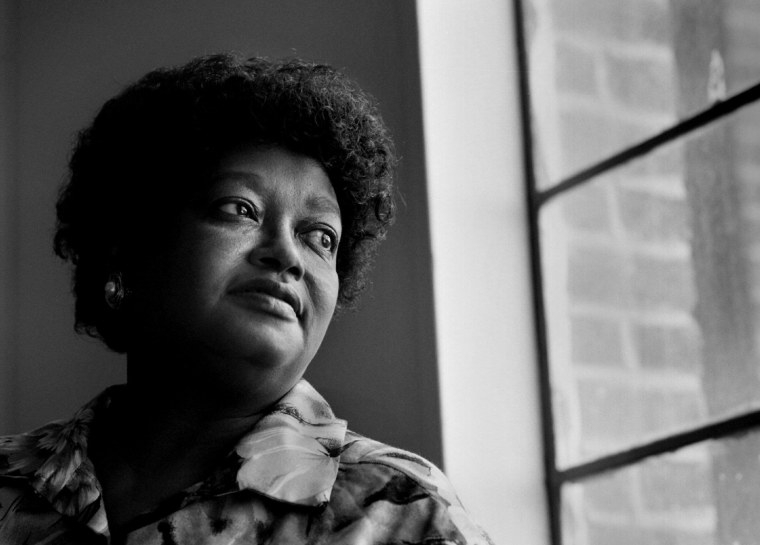
6. Businesswoman Annie Turnbo Malone (1869–1957) became one of the first Black millionaires. Malone set up the Poro Company, which produced popular hair and beauty products for the Black community. She hired the young Sarah Breedlove (1867–1919) as one of her door-to-door sales agents and inspired Breedlove to build her own multi-million-dollar beauty brand.
7. Acclaimed writer and poet Maya Angelou (1928–2014) had another noteworthy distinction: In 1944, she became the first female Black cable car conductor in San Francisco.
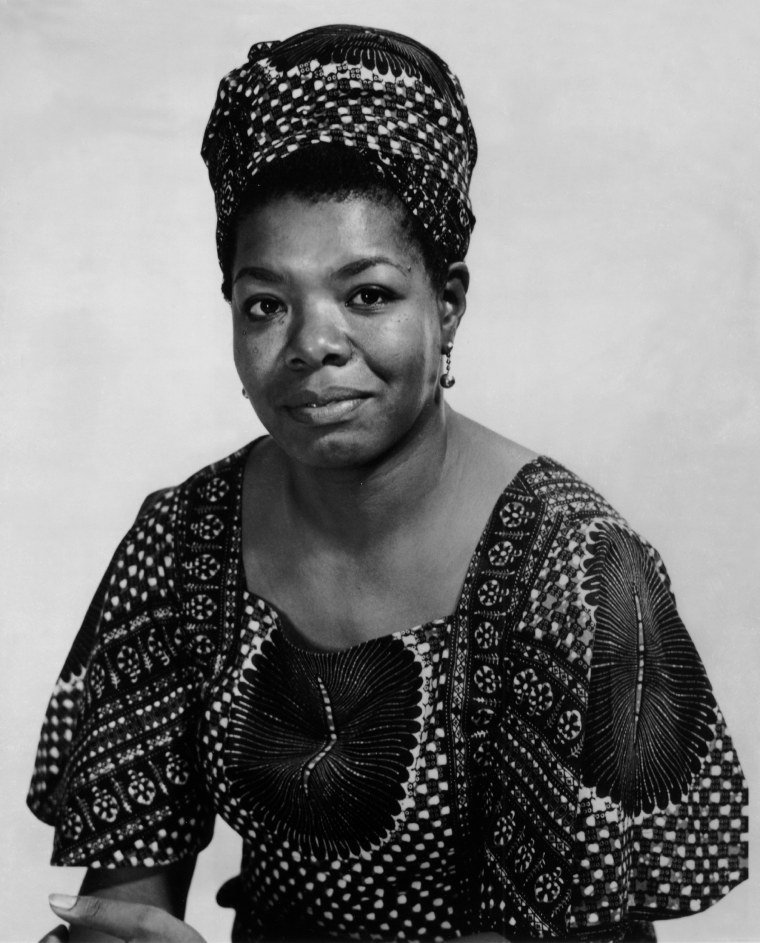
8. Civil rights activist and campaigner Septima Poinsette Clark (1898–1987) helped to found nearly 1,000 citizenship schools, which contributed to helping Blacks register to vote.
9. Described as a “forgotten pioneer,” Althea Gibson (1927–2003) was the first Black tennis player to win a tennis Grand Slam in 1956. She won 11 Grand Slam tournaments over the course of her career.
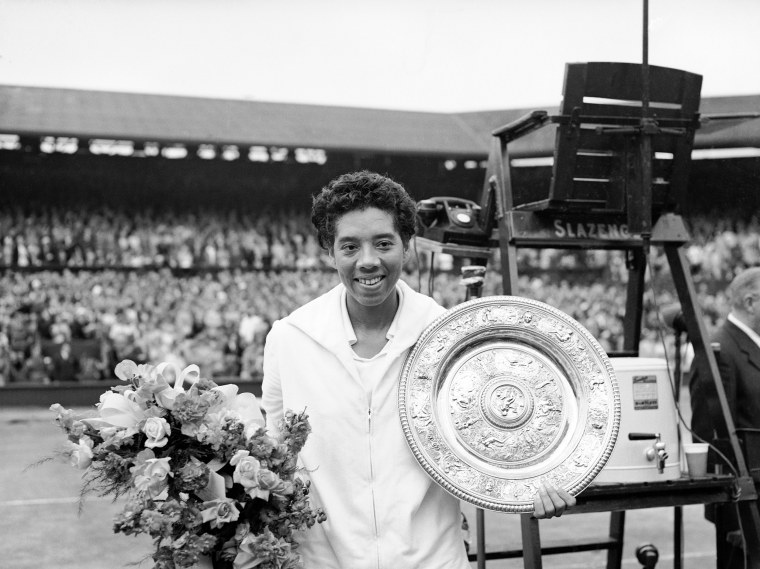
10. Lewis Howard Latimer (1848–1928) invented and patented the carbon filament, which allowed lightbulbs to last longer than they did with the paper filament used in Thomas Edison’s design. (Latimer eventually went on to work for the Edison Electric Light Company.)
11. The ironing board (invented by Sarah Boone), the traffic light system (invented by Garrett Morgan), and the home security system (invented Marie Van Brittan Brown) all came down to us from Black inventors.
Mireille Harper contributed to the book “Timelines from Black History: Leaders, Legends, Legacies.” Information from the book was excerpted with permission from DK.
